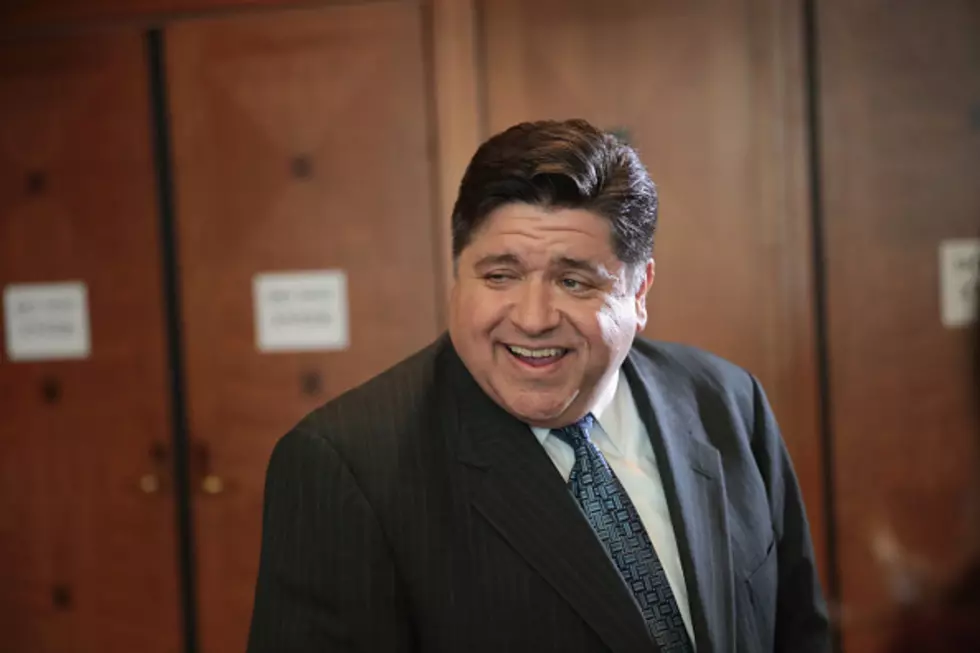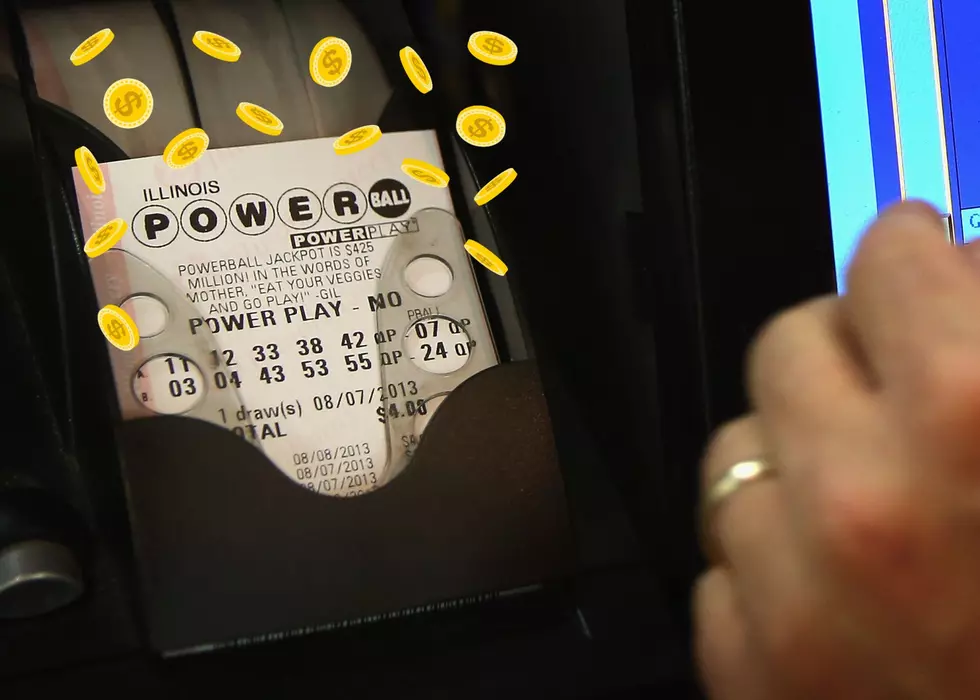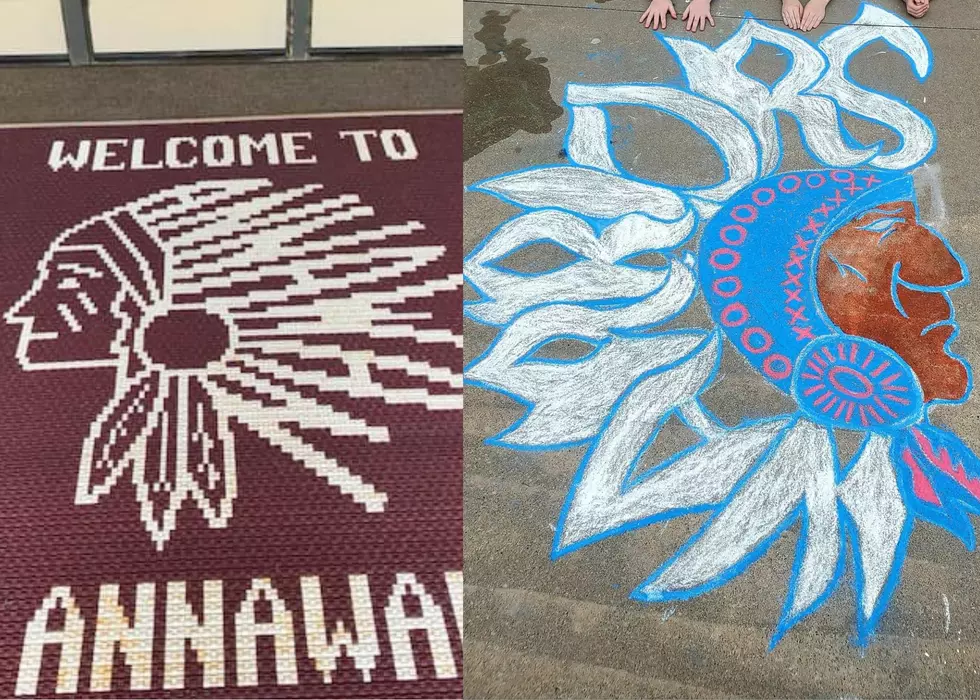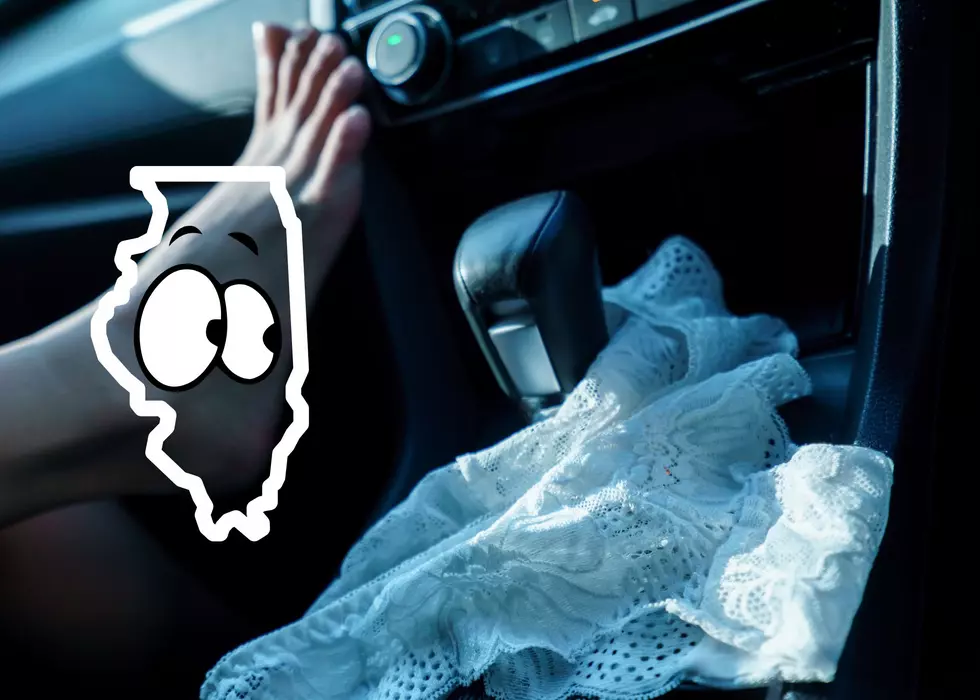
Illinois Governor Issues ‘Shelter In Place’ For State
UPDATE - MARCH 20TH @ 3:17 P.M.: Gov. J.B. Pritzker announced on Friday a mandated "shelter-in-place" order effective Saturday, March 21st at 5 p.m. through April 7th. Illinois residents can go to the grocery store, get gas, go to a pharmacy, walk outside to walk or run, and majority of residents can go to work.
Governor Pritzker tells residents people do not need to run to the store because residents will still be able to go.
All non-essential businesses will stop business immediately and people who can work from home will do so.
Schools reopening date will be moved to April 8th for the moment.
All first responders, emergency management personnel, law enforcement personnel, health care workers and others working to support Essential Businesses and Essential Government Functions like grocery stores and pharmacies are exempt from this stay at home order.
The stay at home order permits a range of activities that will allow Illinoisans to get their necessities while maintaining social distance from others, which include but are not limited to:
Essential Activities:
• For health and safety: seeking emergency services, obtaining medical supplies or medication or visiting a health care professional
• For necessary supplies and services: obtaining groceries and food, household consumer products, supplies they need to work from home, and products necessary to maintain the safety, sanitation and essential operation of residences
• For outdoor activity: walking, hiking, running or biking - including going to public parks and open outdoor recreation areas, except for playgrounds
• For certain types of work: Providing essential products and services at Essential Businesses or Operations or otherwise carrying out activities specifically permitted in the order, including Minimum Basic Operations
• To take care of others: Caring for or transporting a family member, friend or pet in another household
Essential Government Functions:
• All services provided by state and local governments needed to ensure the continuing operation of the government agencies and provide for the health, safety and welfare of the public
• This Executive Order does not apply to the United States government
Essential Businesses and Operations:
• Healthcare and Public Health Operations: Working at or obtaining services from hospitals; clinics; dental offices; pharmacies; public health entities; healthcare manufacturers and suppliers; blood banks; medical cannabis facilities; reproductive health care providers; eye care centers; home healthcare services providers; mental health and substance use providers; ancillary healthcare services — including veterinary care and excluding fitness and exercise gyms, spas, salons, barber shops, tattoo parlors, and similar facilities
• Human Services Operations: any provider funded by DHS, DCFS or Medicaid; long-term care facilities; home-based and residential settings for adults, seniors, children, and/or people with disabilities or mental illness; transitional facilities; field offices for food, cash assistance, medical coverage, child care, vocational services or rehabilitation services; developmental centers; adoption agencies; businesses that provide food, shelter, and social services and other necessities of life for needy individuals — excluding day care centers, day care homes, group day care homes and day care centers licensed as specified in Section 12(s) of the order
• Essential Infrastructure: Working in food production, distribution and sale; construction; building management and maintenance; airport operations; operation and maintenance of utilities, including water, sewer, and gas; electrical; distribution centers; oil and biofuel refining; roads, highways, railroads, and public transportation; ports; cybersecurity operations; flood control; solid waste and recycling collection and removal; and internet, video, and telecommunications systems
• Stores that sell groceries and medicine
• Food, beverage and cannabis production and agriculture
• Organizations that provide charitable and social services
• Media
• Gas stations and businesses needed for transportation
• Financial institutions
• Hardware and supply stores
• Critical trades, includingplumbers, electricians, exterminators, cleaning and janitorial staff for commercial and governmental properties, security staff, operating engineers, HVAC, painting, moving and relocation services, and other service providers that maintain the safety, sanitation and essential operation of residences, Essential Activities, and Essential Businesses and Operations
• Mail, post, shipping, logistics, delivery and pick-up services
• Educational institutions, for purposes of facilitating distance learning, performing critical research, or performing essential functions
• Laundry services
• Restaurants for consumption off-premises
• Supplies to work from home
• Supplies for Essential Businesses and Operations
• Transportation, for purposes of Essential Travel
• Home-based care and services
• Residential facilities and shelters
• Professional services
• Day care centers for employees exempted by this Executive Order
• Manufacture, distribution, and supply chain for critical products and industries
• Critical labor union functions
• Hotels and motels, to the extent used for lodging and delivery or carry-out food services
• Funeral services
All non-essential business and operations must cease, aside from Minimum Basic Operations. Business can continue with employees working from home. Minimum Basic Operations includes the minimum necessary activities to maintain the value of inventory, preserve plant and equipment condition, ensure security, process payroll and employee benefits and facilitate employees working remotely.
The order also closes licensed child care centers and all childcare homes serving more than six children. The Pritzker administration is working to expand the availability of child care for essential workers, while protecting the health of the children and child care teachers and home providers. A new Emergency Child Care Center license is being created with more flexibility but much smaller group sizes to ensure social distancing for children in care.
Only essential travel is permitted at this time and must be done in accordance with social distancing requirements. That includes travel related to:
• Performing Essential Activities, Essential Governmental Functions, Essential Businesses and Operations or Minimum Basic Operations
• Caring for elderly, minors, dependents, persons with disabilities or other vulnerable persons
• Receiving materials for distance learning, for receiving meals, and any other related services from an educational institution
• Returning to a place of residence from outside the jurisdiction
• Following the direction of law enforcement or court order, including to transport children pursuant to a custody agreement
• Returning to a place of residence outside the State for non-residents
See below for the full press conference:
ORIGINAL STORY - MARCH 20TH @ 2 P.M.: Illinois Gov. J.B. Pritzker plans to issue a “shelter-in-place” order for the entire state starting Saturday.
According to sources of the Chicago, Governor of Illinois, J.B. Pritzker plans to issue a “shelter-in-place” order for the entire state starting Saturday. This is essentially commandings residents to stay in their homes. This is to hopefully stop the spread of the Coronavirus in the state.
Governor Pritzker is expected to make the announcement today at a 3 p.m. This announcement will be made with Chicago Mayor Lori Lightfoot. Residents of Illinois can still go to the grocery stores, put gas in their cars, take walks outside and go to the pharmacy. In addition, local roads, including the interstate highways and tollways, will stay open to traffic.
More details to come following the press conference at 3 p.m.

More From B100









